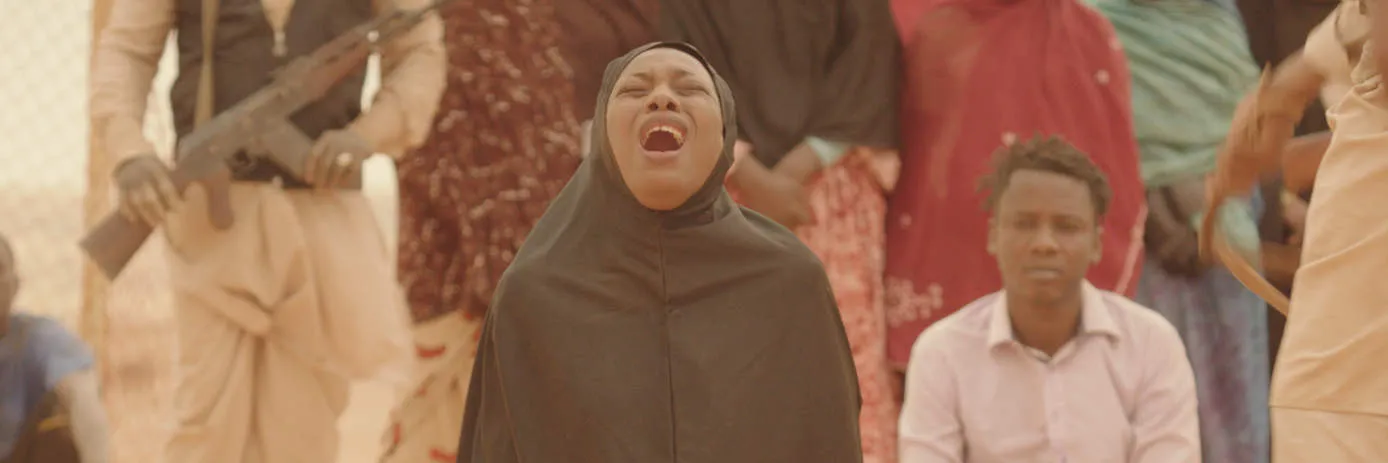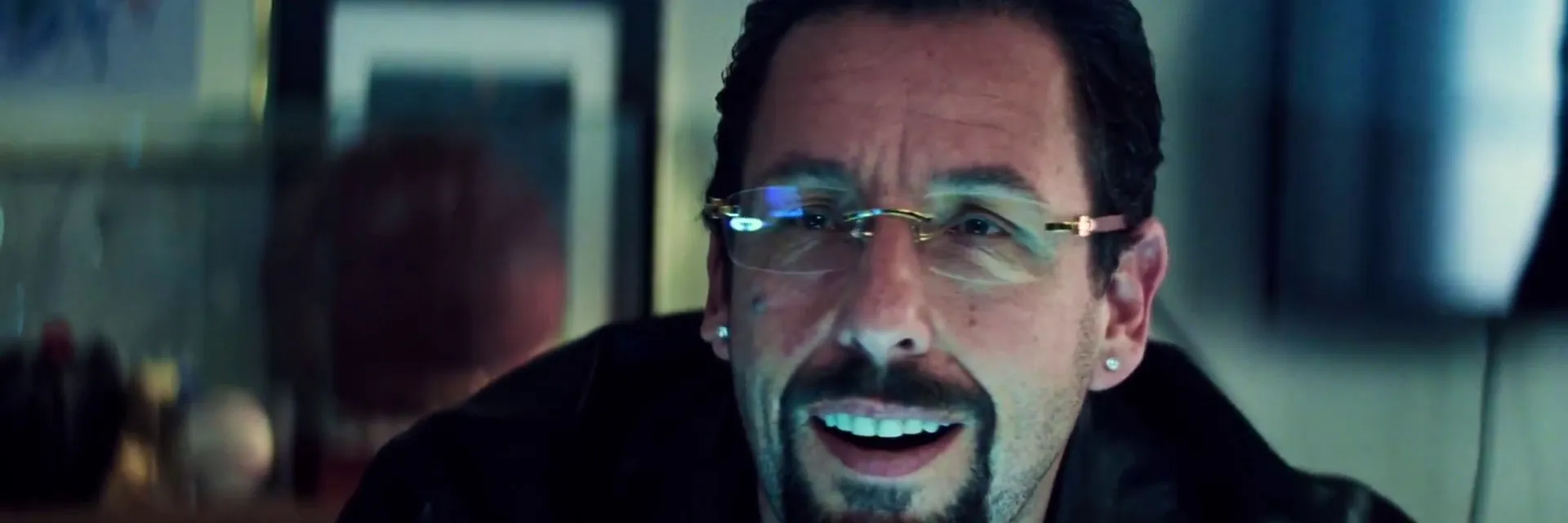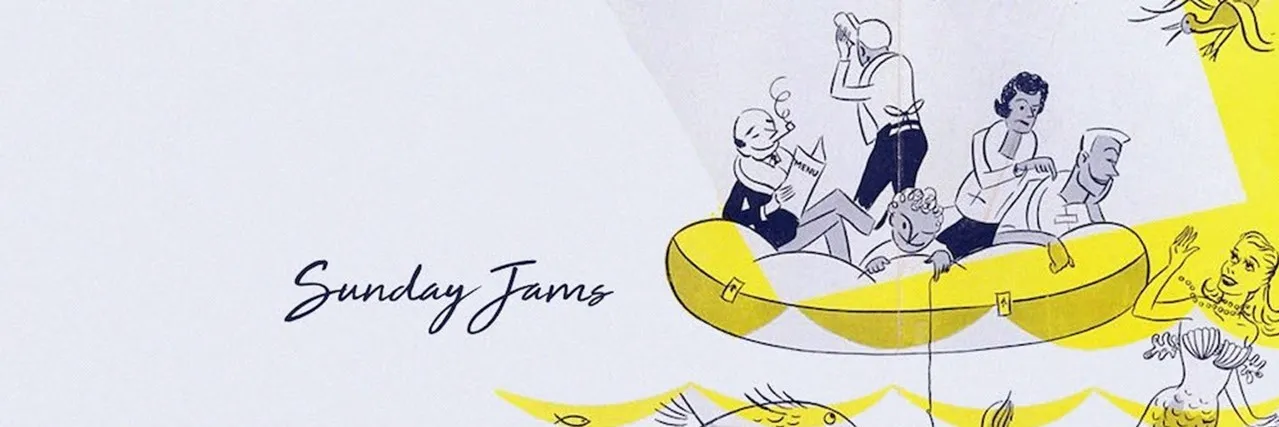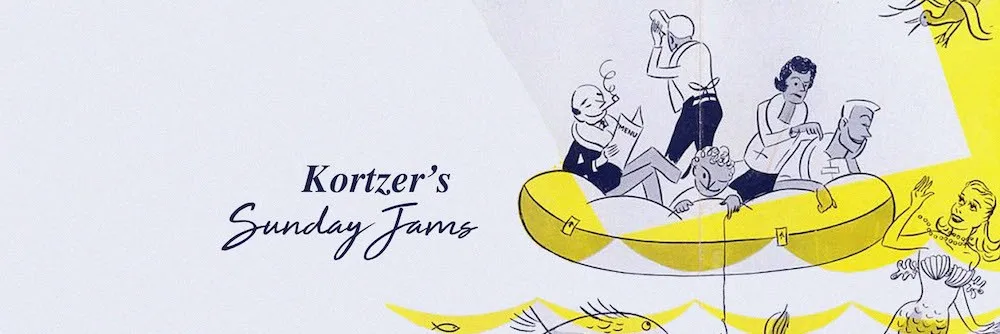 Film is a visual artform, but music radically alters the tone of those flickering images. In the fourth edition of Scenes in Sound, we look at Abderrahmane Sissako’s Timbuktu, and how censoring art is at the root of systemic oppression. In 2012, during the Malian Civil War, the city of Timbuktu fell to an insurgent force of jihadists. In the months that followed, women were forced to wear headscarves, all music was outlawed, and existing crimes were given far harsher punishments, including being stoned to death. During their occupation, extremist Islamists destroyed many sites of great local and national meaning, largely Suni shrines & mausoleums, and burned over 4,000 historic manuscripts as a final act of barbarism before fleeing French-Malian forces. A peace treaty may have been signed in 2015, but most reports indicate that the war is very much ongoing, a war defined by the restrictions of Sharia law.
Film is a visual artform, but music radically alters the tone of those flickering images. In the fourth edition of Scenes in Sound, we look at Abderrahmane Sissako’s Timbuktu, and how censoring art is at the root of systemic oppression. In 2012, during the Malian Civil War, the city of Timbuktu fell to an insurgent force of jihadists. In the months that followed, women were forced to wear headscarves, all music was outlawed, and existing crimes were given far harsher punishments, including being stoned to death. During their occupation, extremist Islamists destroyed many sites of great local and national meaning, largely Suni shrines & mausoleums, and burned over 4,000 historic manuscripts as a final act of barbarism before fleeing French-Malian forces. A peace treaty may have been signed in 2015, but most reports indicate that the war is very much ongoing, a war defined by the restrictions of Sharia law.
Abderrahmane Sissako’s 2014 feature Timbuktu takes place in the titular city when the local population are mid-oppression, mounting moments of civic protest but stopping short of armed revolt. Sissako’s focus is less on any one character—though we spend the most time with cattle herder Kidane (Ibrahim Ahmed dit Pino) and his family—than it is on the community as a whole, taking a vertical slice of people from all walks of local life, oppressor and oppressed included. What binds these narratively disconnected characters is the arbitrary and impractical limits they face, and nowhere is the absurdity of such enforcement made clearer than with music.
Occupied Timbuktu is defined by an odd quiet, one that’s only punctured occasionally outside of dialogue—the whip of a desert wind or the lightning crack of semi-automatic weaponry. Amine Bouhafas melancholy score is used sparingly, and when it is implemented it often feels surreptitious, bubbling softly in the background only to disappear again without a moment’s notice. This mournful skittishness matches the diegetic world of the film, where there are constant reminders that music is banned, mostly via a series of monotonous edicts delivered by megaphone; ironic given such technology shares antecedents with the amplification of music. Faced by such a tight regime, even the soundtrack amounts to an act of rebellion, a revolt that the privileged audience is complicit with.
Music, suggest Sissako and Bouhafa, is more than a means of self-expression. Instead, it’s a semi-tangible thread between people, one that crosses cultural blockades and the limits of past and present. It’s how traditions are carried, and how people communicate when words are lost against language barriers. While Amine Bouhafa’s score doesn’t reflect traditional Mali music—not surprising given that Bouhafa is French-Tunisian himself—it does draw influences from across the African diaspora, spreading into the Middle East and Europe. It speaks to histories, to shared experiences, defined by the presentness inherent to all music, and the practice of passing melodies between generations.
These ideas are confronted early on when we see jihadists engage in rudimentary target practice in the desert, but instead of trees or dummies, they’re firing at traditional Malian statues, masks and pots. This senseless destruction is our first introduction to the callous, almost gleeful disregard at play for local values. It’s in the aftermath of this vandalism that Bouhafa’s subtly melancholic compositions first appear, the low groan of the Turkish oud carrying with it a shade of pastoral simplicity. Each new song reflects a country caught between two worlds, where those living a rustic life are faced with the scrutiny of armed militia on motorbikes. Theres a heavy nostalgia inherent to each carefully plucked string of the West African kora, along with the sense that, even before it was outlawed, this music was out of time.
There are several scenes that are backed by a more traditional Western score—a woman forced into wedlock weeping set to the slow plink of a piano, or the romantic soar of a full orchestra as local boys with no ball pantomime a football game—but the most significant of these is the death of GPS, Kidane’s prized cow. As GPS wades deeper and deeper into troubled waters, the orchestra swells with impending climax and dread, though the threat is only a cow straying too far into a local fishermans nets, and the fisherman’s resultantly dispassionate toss of a spear—sacrificing one man’s livelihood to save his own. Even as the strings swell in a pastiche of Hollywood melodrama, the end result isn’t climactic, but rather a moment of minor despair that only those living off the land can truly understand.
If Bouhafa’s score spans several continents, Malian traditions are more apparent in the music as experienced in frame. While music is outlawed, along with baggy trousers for men and the enforcement of wearing impractical gloves for irate female fishmongers, these laws are always framed as the subject of scorn and derision for locals, rather than a rule to be followed without question. What Sissako does excellently is shift tone between satirising the absurdity of such rulings, and recognising the dire consequences any moment of minor rebellion leads to. When gangs of tightly clad men roam the streets at night, hunting for the sound of loud, if muffled, music, their efforts feel beyond parody; until we see the ramifications for ourselves.
There’s something similarly clandestine shared by Bouhafa’s quiet, creeping score and the music we hear diegetically—the latter generally at a distance and dampened by sand and brick. Those parallels quickly run short, however. Where Bouhafa generally utilises a minor key, mirroring the horror we feel as far-removed onlookers, the music played and listened to by Timbuktu locals is typically joyous and unrestrained. Far from bemoaning their subjugation, the musicians of Timbuktu instead play the same songs they always have, connecting a cultural thread the jihadists are attempting to cut as night-watchmen prowl the rooftops with piercing torches.
It’s during one of these night-time raids that we see the finest example of musical resistance: two men blissfully strumming their stringed instruments as another man beats out a simple rhythm and a woman (Malian singer Fatoumata Diawaraharmonises) harmonises with them. Fatou’s voice is gorgeous, not mawkish; rich, not repressed. It carries with it an almost impossibly carefree hue given her persecution, delivered from a comically laidback position nestled deep in a bed of cushions. The fact that shortly after one man has to go sprinting off holding his makeshift instrument could be funny in any other context, if it wasnt for the threat of a religious zealot launching after him with an AK-47.
Sissako doesn’t paint the situation in Timbuktu as a farce, though. While there’s clear admiration for the contempt the denizens have for their persecutors, he holds an inverse ire for the shocking violence perpetrated by those in power. For her crime of singing amongst friends, Fatou is sentenced to 40 lashes, a public punishment that is as severe to us as it is normalised to the locals, each of them framed in medium close-ups, watching blankly. Still, music shines through. Her guttural screams are no surprise, but their transformation into the same melodic refrain we heard previously is, Fatou matching the metronome of the sadistic rhythm of the whip where once she matched her friend tapping a wooden block. Music ties these events together tightly, a further reminder of its power to transcend the present, and its power to resist.
There’s a conversation early on in Timbuktu between two children, the one, Issan, already orphaned, and the other, Toya, soon to be. As Issan reminisces about his father, Toya reflects that the reason hers is still alive is that he’s a musician, not a warrior. “Warriors die young,” she says. What Sissako recognises is that in an oppressive state, everyone becomes a warrior, and every innocuous action becomes an act of resistance. Finding the power to sing, even when the whip is aimed at your back, isn’t just a remarkable feat of will, it’s a beautiful one, and, for a Western audience, one we rarely have to consider.
Written by Blaise Radley
← Back to blog




